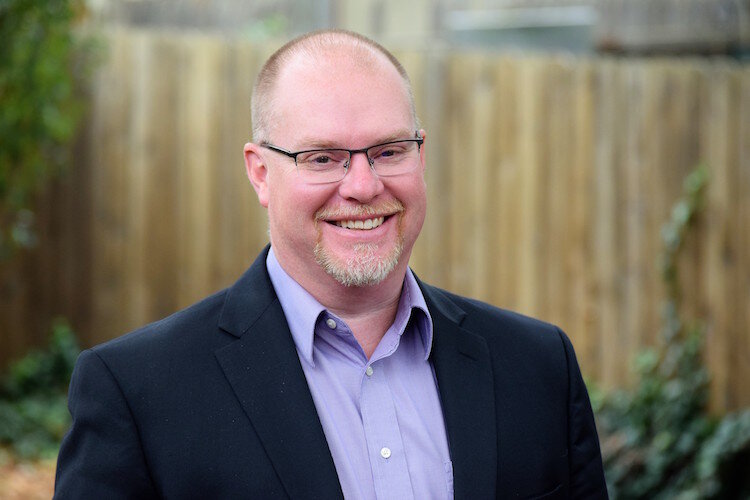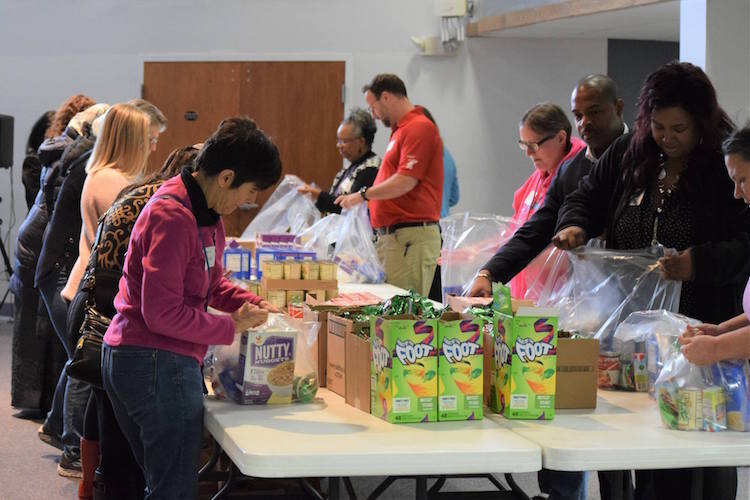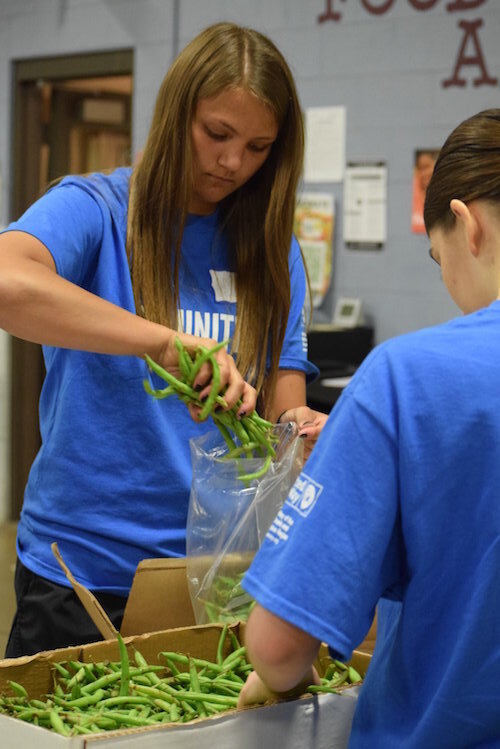What the United Way and grassroots groups are doing to take the lead as they support those in need
Large philanthropic organizations and small grass-roots efforts are coming together to serve many needs as COVID-19 spreads in Battle Creek.
There are names of local residents who stepped in last Friday to ensure that vulnerable populations in our community would be taken care of once the scope and magnitude of the Coronavirus became all too real. But those names will likely be forgotten once our world again returns to a sense of normal.
There were Laura Otte and Jaimie Fales who wasted no time in orchestrating grassroots efforts to put out the most accurate information about growing local efforts to help. There were school superintendents who reacted quickly to make sure that students who rely on free or reduced meals would have them. There were leaders of social service agencies who put plans in place to care for their clients.
As the days have gone on those efforts have multiplied and continue.
At least one agency that was ahead of the curve in its mobilization to address the pandemic was the United Way of the Battle Creek/Kalamazoo Region which coordinated Emergency Response Consortiums in their service area in January to address manmade and natural disasters, not the Coronavirus specifically.
Chris Sargent, president and CEO of UWBCKR, says that these two consortiums – one in Battle Creek and one in Kalamazoo – were created following such tragic events as the Uber driver shootings and flooding last year of certain areas of Kalamazoo, and significant storms in 2012 in Battle Creek.
“We always raised funds to meet immediate needs in the aftermath of these tragic events and disasters, but we also wanted to be more planful and proactive,” he says.

The consortiums have been meeting once a month and since COVID-19 hit Michigan, “That’s really the place where we’ve been coordinating all efforts with emergency management and the nonprofit sector,” Sargent says.
All of that planning is now paying off as Battle Creek and Kalamazoo, join communities throughout the world in responding to the Coronavirus.
Funds have been coming in from area foundations, such as the W.K. Kellogg Foundation, which announced a gift of $500,000, and companies like Kellogg which earlier this week announced a $100,000 donation to the United Way relief efforts.
“Our disaster relief fund is financial resources that United Way has been raising to build resources to address crises as they happen,” Sargent says.
Community members spring into action, collaborations begin
Sargent says he and Otte were communicating early last Friday morning. What Otte and others were able to quickly mobilize helped organizations such as the United Way get real-time information and “gave us a greater sense of the need and the way we could respond,” Sargent says.
A website called the Battle Creek Community Resource Guide has been set up here. Individuals also may call 211 to volunteer or receive information about resources available to them.
“When they call 211, the most up-to-date current resources will be at their disposal. We know there’s a greater need out there than systems can respond to,” Sargent says. “This allows us to track the trends and ask questions of the 211 callers.
Childcare needs continue to escalate with the closure of schools and parents who have no choice but to keep working.
“For us, the most vulnerable are people who have vulnerabilities around basic needs like food and paying utility bills,” Sargent says. “We start looking at childcare, utility, and rent assistance when people are off work and may not have paid leave.
Most of these are ALICE (Asset Limited, Income Constrained, Employed) families. About 46 percent of the total population in the city of Battle Creek are at or below the annual ALICE income threshold, which is $50,000 or less for a family of four. They are working, but struggling to make ends meet, Sargent says.
“We need people who are willing and able to step up and help in any meaningful way,” Sargent says. “We need to be a resource for volunteers when there is a need to respond. The spirit of people being generous with their time and resources is hugely uplifting.”
So Many Unknowns
Although the demand on resources in Battle Creek and Kalamazoo is similar to other communities who are trying to care for the needs of the underemployed and unemployed, Sargent says it is possible that the ongoing demands will stretch the limits of many organizations.
“As the impact becomes greater and is felt more, there are systems that are going to be stressed and to believe otherwise is naive,” Sargent says. “We have to make sure that we have financial resources that can help that Disaster Relief Fund and continue raising resources that can address those needs. But, to think that we are going to be able to satisfy the entire need out there wouldn’t be realistic.”
“This is unlike anything we’ve ever seen. It’s widespread and far-reaching and we really have to be coordinated in our efforts.”


















